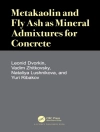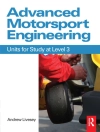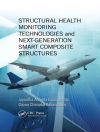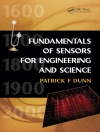The use of plastic materials has seen a massive increase in recent years, and generation of plastic wastes has grown proportionately. Recycling of these wastes to reduce landfill disposal is problematic due to the wide variation in properties and chemical composition among the different types of plastics. Feedstock recycling is one of the alternatives available for consideration, and Feedstock Recycling of Plastic Wastes looks at the conversion of plastic wastes into valuable chemicals useful as fuels or raw materials. Looking at both scientific and technical aspects of the recycling developments, this book describes the alternatives available. Areas include chemical depolymerization, thermal processes, oxidation and hydrogenation. Besides conventional treatments, new technological approaches for the degradation of plastics, such as conversion under supercritical conditions and coprocessing with coal are discussed.
This book is essential reading for those involved in plastic recycling, whether from an academic or industrial perspective. Consultants and government agencies will also find it immensely useful.
Cuprins
Introduction;
Chemical Depolymerization;
Gasification and Partial Oxidation;
Thermal Processes;
Catalytic Cracking and Reforming;
Hydrogenation;
Concluding Remarks;
Subject Index.
Despre autor
James H Clark is Professor of Chemistry at the University of York, and is Founding Director of the Green Chemistry Centre of Excellence and the Bio-renewables Development Centre. He started the award-winning company Starbons Ltd and he is now involved in commercialisation of novel bio-based solvents and new green technologies. He was founding scientific editor of the world-leading journal Green Chemistry. His research has led to numerous awards including Honorary Doctorates from universities in Belgium, Germany and Sweden. He has Visiting Professorships in South Africa and China, and was recently appointed as Chair-Professor at Fudan University. He has published over 500 articles (h index over 72) and written or edited over 20 books and is Editor-in-chief of the RSC Green Chemistry book series. He has received numerous awards and distinctions including the 2018 Green Chemistry prize.












